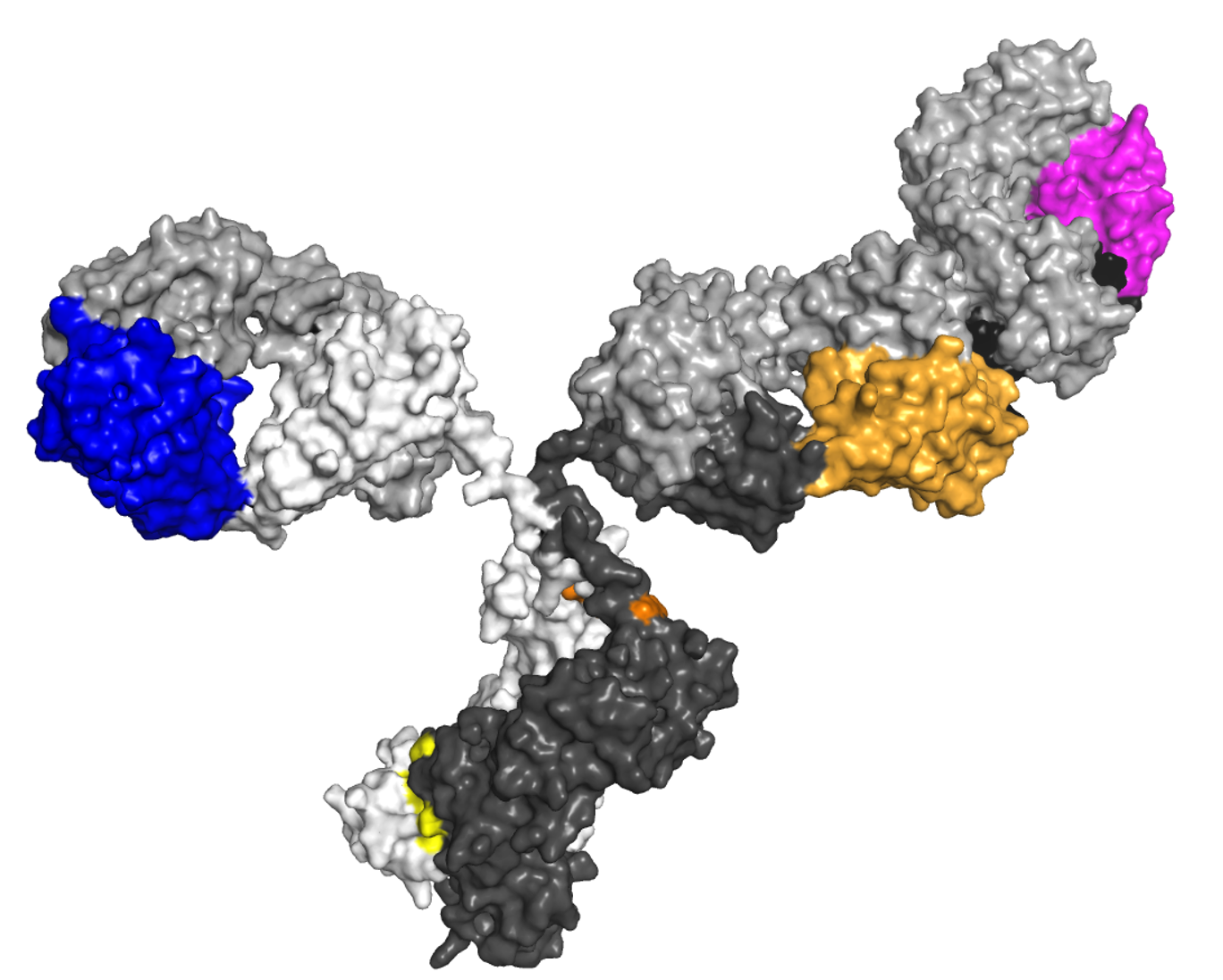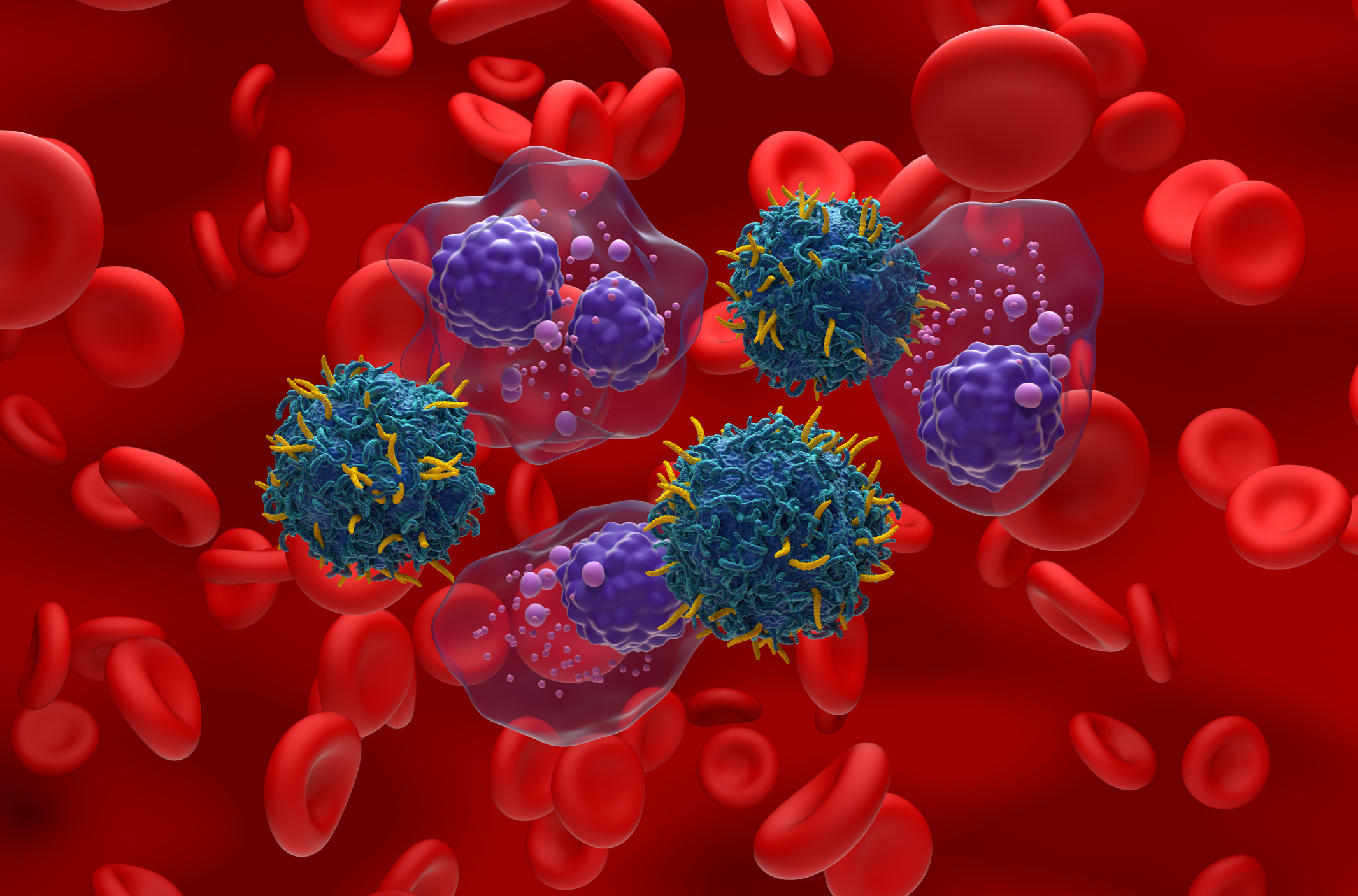Urvi Shah, MD, Highlights the Significance and Limitations of Observational Nutritional Studies
By Urvi A. Shah, MD, Melissa Badamo - Last Updated: March 27, 2025Dr. Shah, a Myeloma Specialist at the Memorial Sloan Kettering Cancer Center, discusses the significance of two studies on dietary factors and risk of myeloma and monoclonal gammopathy of undetermined significance (MGUS).
The first study, “Dietary Risk Factors for Monoclonal Gammopathy of Undetermined Significance in a Racially Diverse Population,” showed that MGUS was inversely associated with whole-grain bread, oats, rice, fruits, and vegetables and directly associated with sugar-sweetened beverages, sugar-sweetened soft drinks, and artificially sweetened soft drinks.
The second study, “Pre-diagnosis Dietary Patterns and Risk of Multiple Myeloma in the NIH-AARP Diet and Health Study,” showed that a healthy, plant-based diet was significantly associated with reduced myeloma risk.
As the senior author of both studies, Dr. Shah spoke on the consistency and reliability of the results.
“We have summarized a lot of the nutrition information and dietary evidence that’s available before these two papers in a review article in Leukemia looking at dietary and microbiome factors for myeloma,” Dr. Shah began. “The consistency I see across all of these studies shows that higher fiber and plant foods reduced the risk of MGUS and myeloma.”
Dr. Shah summarized the importance of these studies. “I think it’s empowering and informative for patients to know that there are preventable or modifiable risk factors that could affect this disease, and that it’s not just genetics, environment, and things they cannot do anything about,” she said.
Dr. Shah addressed the hesitancy in the field in regard to epidemiologic studies and encouraged an increase in training related to nutrition for doctors.
“There’s a lot of hesitation from oncologists and doctors in general when they look at epidemiologic studies,” she said. “Some of that hesitation is understandable, in the sense that we’re looking at large populations, which could be confounding in terms of whether the population is healthy overall. Despite adjustment, if we are seeing significance in many studies and consistently over time, then, as doctors, it is our duty not to ignore the findings.”






 © 2025 Mashup Media, LLC, a Formedics Property. All Rights Reserved.
© 2025 Mashup Media, LLC, a Formedics Property. All Rights Reserved.